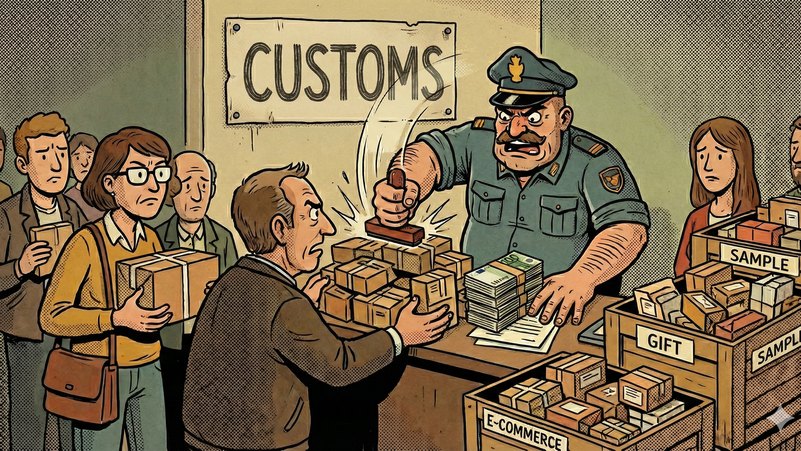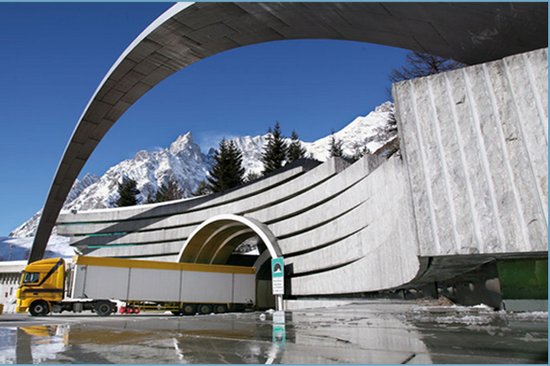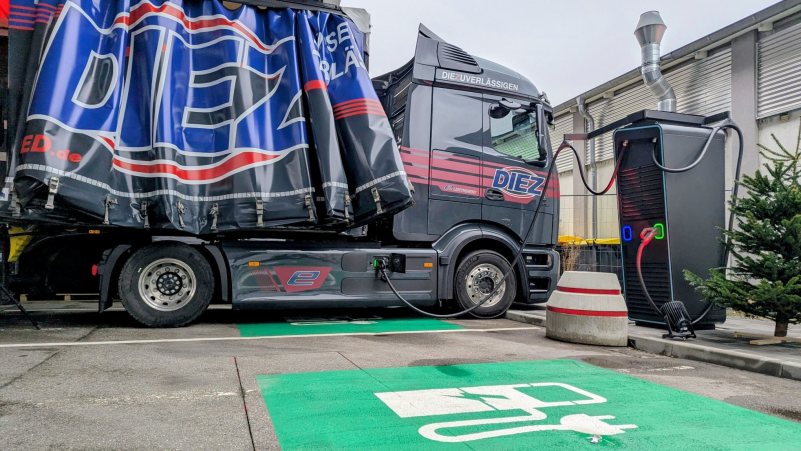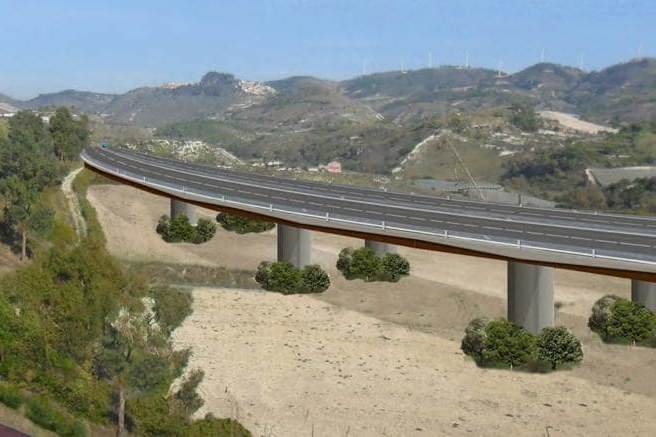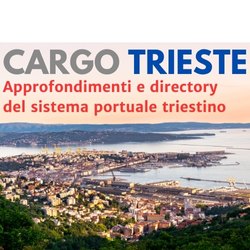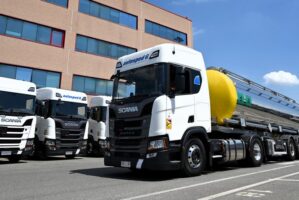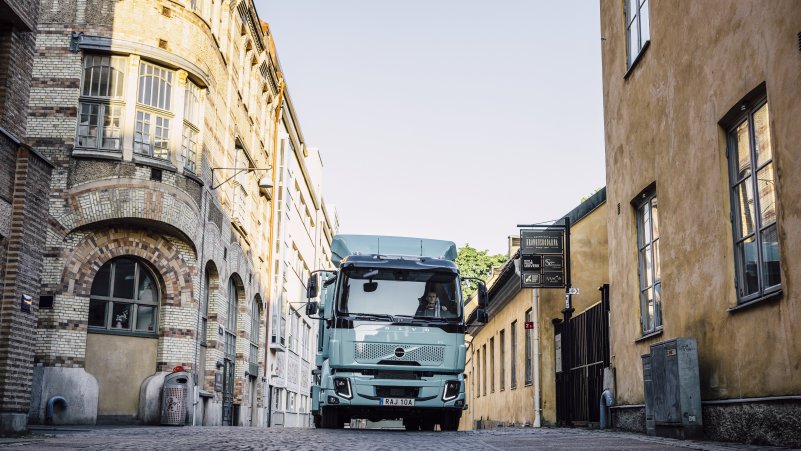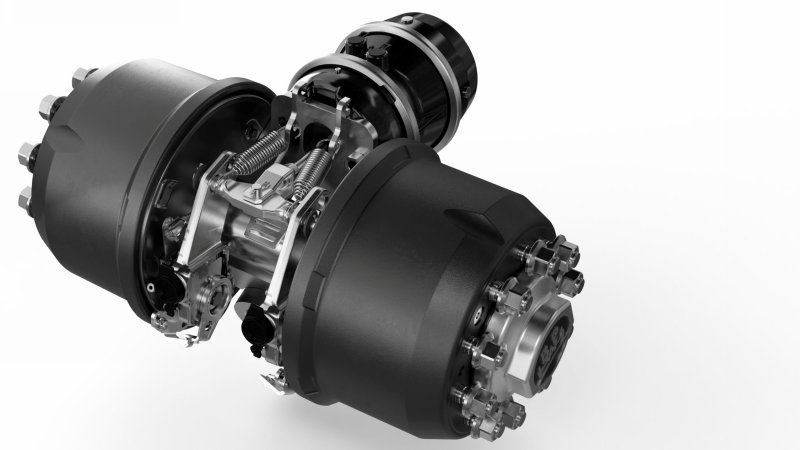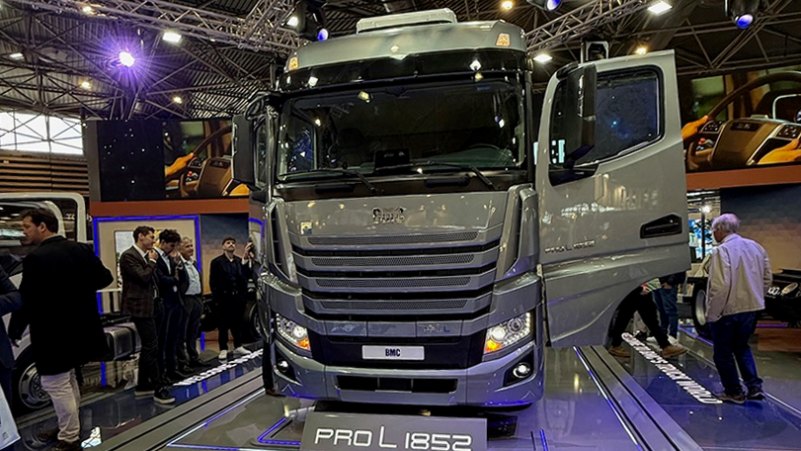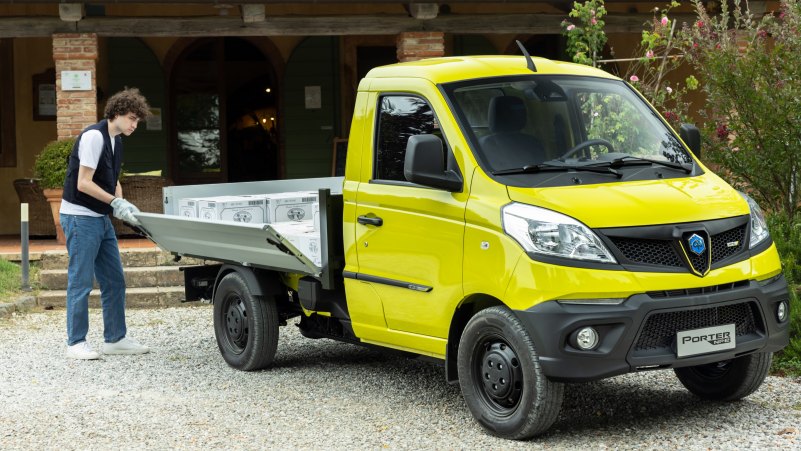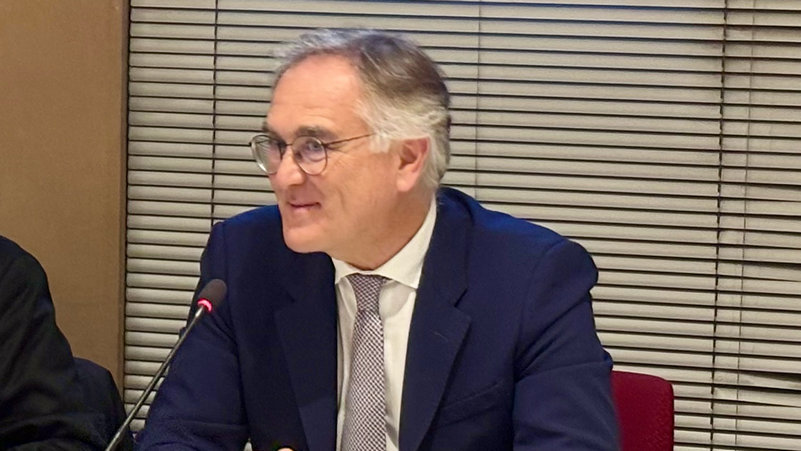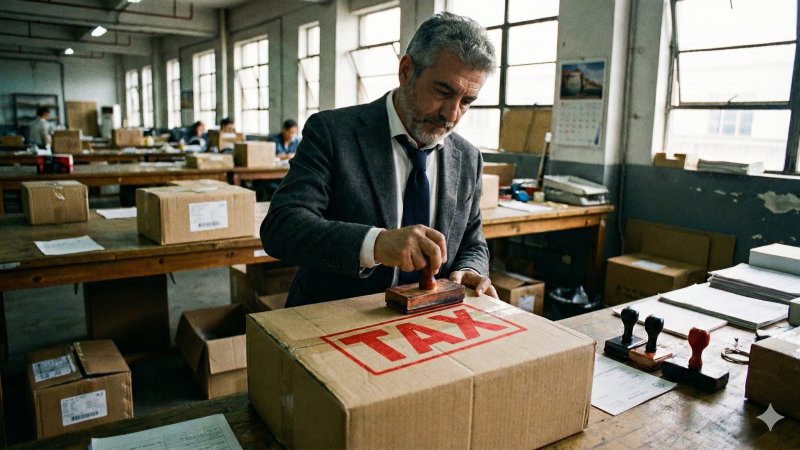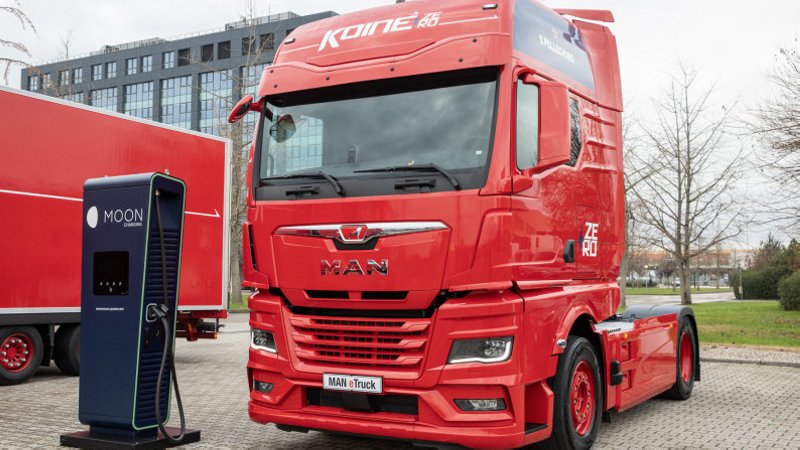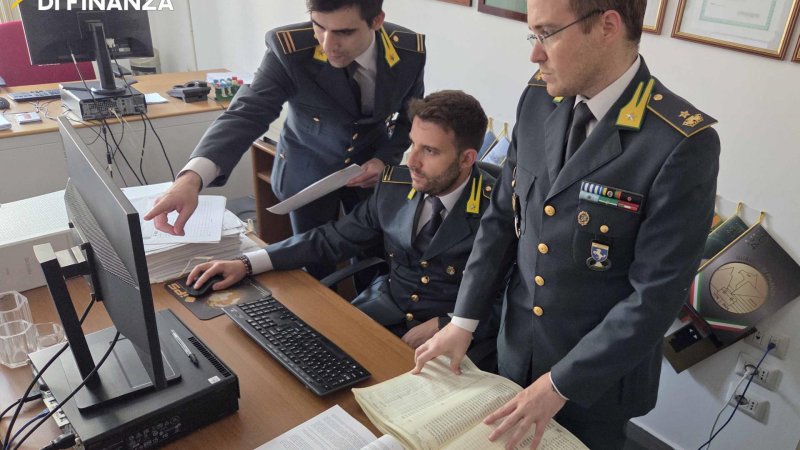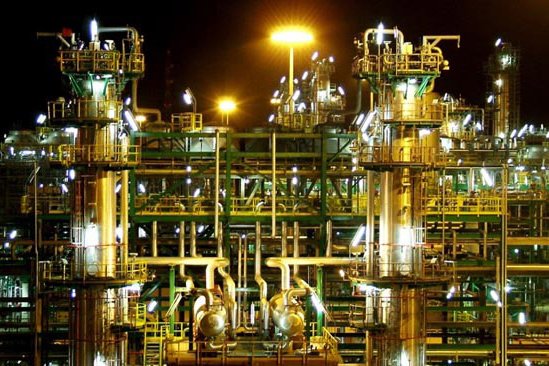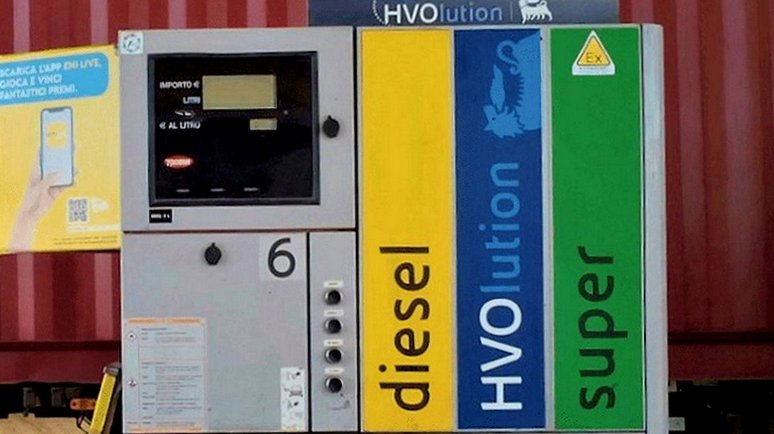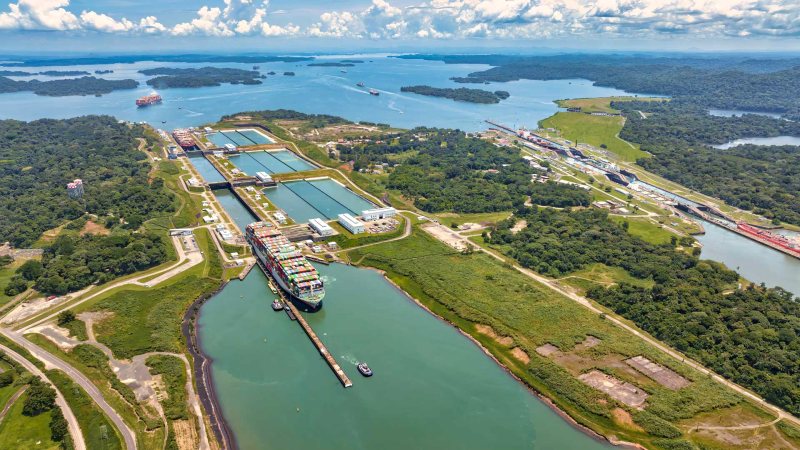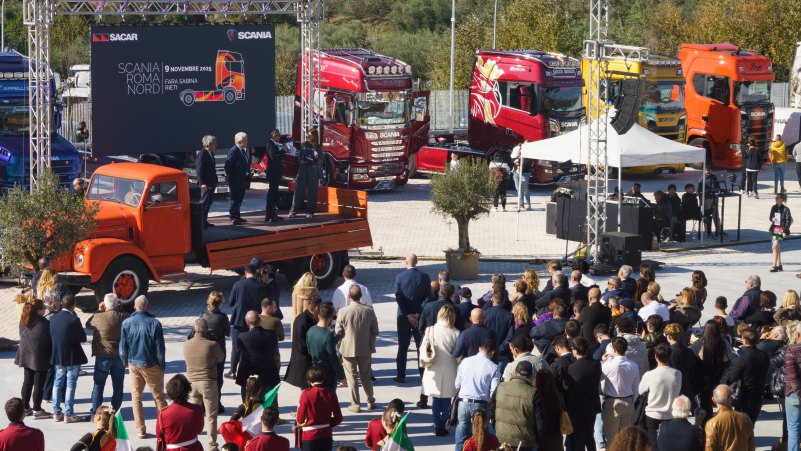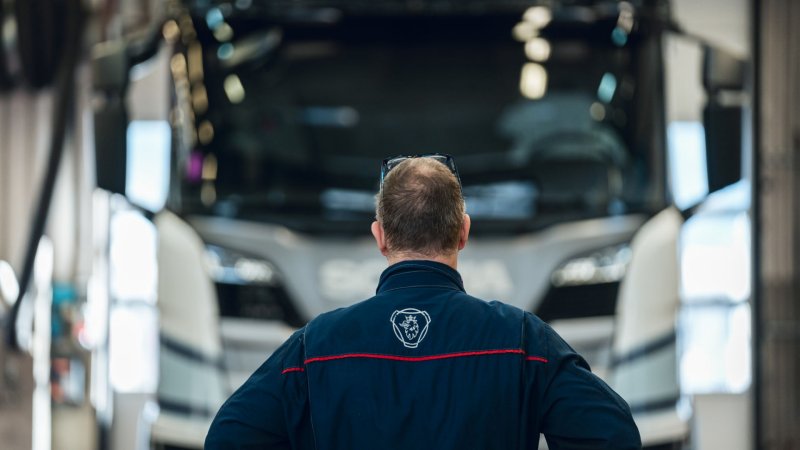In March 2025, the heads of the main road transport associations from Germany (BGL), France (FNTR) and Denmark, Norway and Sweden (represented by NLA) met in Brussels to present a series of concrete requests to the European Commission and the European Parliament aimed at safeguarding the sustainability and competitiveness of the sector. The delegation focused on three key issues: the ongoing driver shortage, the need for targeted investments in the energy transition, and, above all, a stricter enforcement of the First Mobility Package, with a particular emphasis on the possible reintroduction of the obligation for industrial vehicles to return to their country of registration every eight weeks — a rule that was recently declared unlawful by the European Court of Justice.
The delegation — made up of Florence Berthelot (FNTR), Erik Østergaard (NLA) and Dirk Engelhardt (BGL) — called on the European Commission to carefully assess the impact of abolishing the periodic return requirement, a measure originally introduced to counter so-called “letterbox companies” that operate in low-cost countries without any real local activity.
According to the association leaders, it would be necessary to reinstate this rule should evasive practices begin to resurface. Their stated goal is to ensure that the First Mobility Package is not merely a paper exercise, but is effectively enforced to help restore fair competition within the industry.
Another pressing issue raised during meetings with MEPs such as Christophe Grudler, Marianne Vind and Asger Christensen, as well as with Magda Kopczynska, Director-General of DG MOVE, was the severe shortage of professional drivers. The associations are advocating for a revision of the driving licence directive to make the profession more accessible and appealing to young people. Among the proposals is the idea of allowing retired drivers to work part-time, thereby helping to alleviate at least some of the staffing shortfall.
The transition to low-emission transport also featured prominently in the discussions. The three associations highlighted the urgent need to establish a dedicated European fund to support investments in charging infrastructure, in order to speed up the shift to zero- or low-emission vehicles. Renewable fuels were given particular attention, with the transport representatives insisting they should be recognised as a complementary and immediately viable solution. A prompt revision of CO2 reduction targets for new lorries was also requested, to give the market sufficient time and tools to adapt in a sustainable way.


